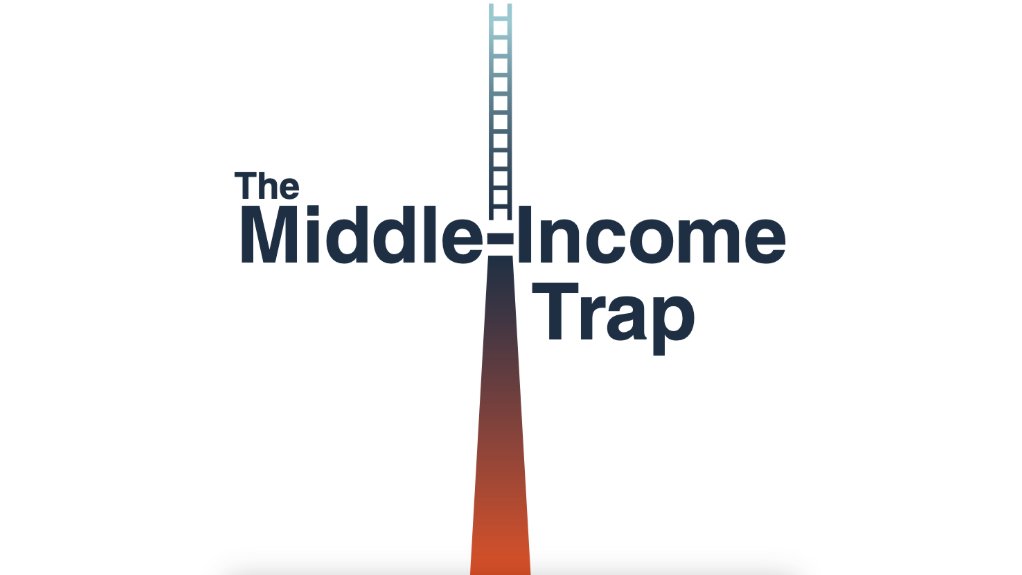- World Development Report 2024: The Middle-Income Trap7.92 MB
Middle-income countries are in a race against time. Many of them have done well since the 1990s to escape low-income levels and eradicate extreme poverty, leading to the perception that the last three decades have been great for development. But the ambition of the more than 100 economies with incomes per capita between US$1,100 and US$14,000 is to reach high-income status within the next generation. When assessed against this goal, their record is discouraging.
Since the 1970s, income per capita in the median middle-income country has stagnated at less than a tenth of the US level. With aging populations, growing protectionism, and escalating pressures to speed up the energy transition, today’s middle-income economies face ever more daunting odds. To become advanced economies despite the growing headwinds, they will have to make miracles. Drawing on the development experience and advances in economic analysis since the 1950s, World Development Report 2024 identifies pathways for developing economies to avoid the “middle-income trap.” It points to the need for not one but two transitions for those at the middle-income level: the first from investment to infusion and the second from infusion to innovation.
Governments in lower-middle-income countries must drop the habit of repeating the same investment-driven strategies and work instead to infuse modern technologies and successful business processes from around the world into their economies. This requires reshaping large swaths of those economies into globally competitive suppliers of goods and services. Upper-middle-income countries that have mastered infusion can accelerate the shift to innovation—not just borrowing ideas from the global frontiers of technology but also beginning to push the frontiers outward.
This requires restructuring enterprise, work, and energy use once again, with an even greater emphasis on economic freedom, social mobility, and political contestability. Neither transition is automatic. The handful of economies that made speedy transitions from middle- to high-income status have encouraged enterprise by disciplining powerful incumbents, developed talent by rewarding merit, and capitalized on crises to alter policies and institutions that no longer suit the purposes they were once designed to serve. Today’s middle-income countries will have to do the same.
Report by the World Bank
EMAIL THIS ARTICLE SAVE THIS ARTICLE ARTICLE ENQUIRY
To subscribe email subscriptions@creamermedia.co.za or click here
To advertise email advertising@creamermedia.co.za or click here











